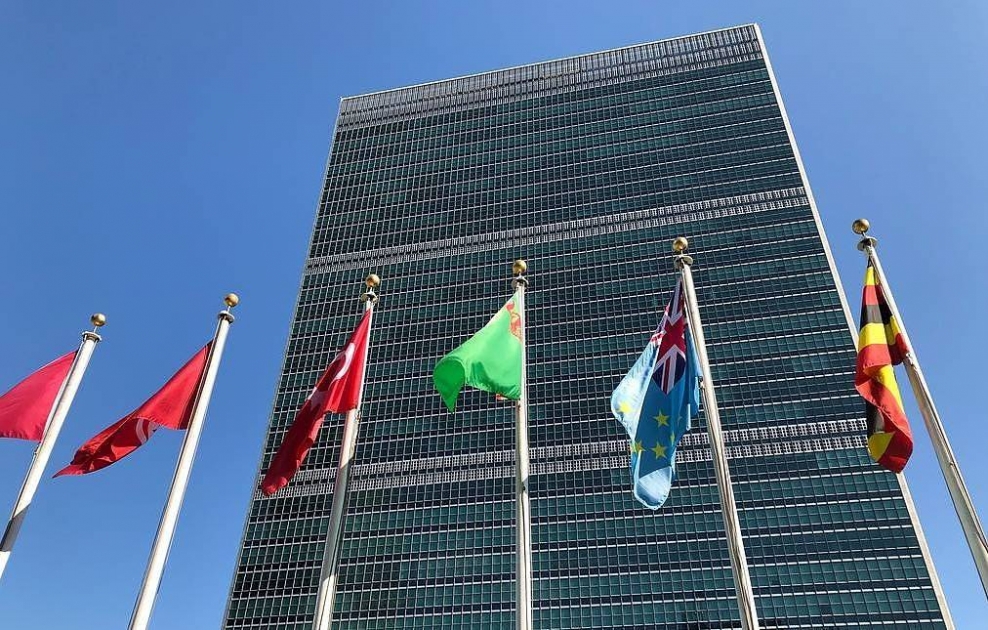Statement by First Deputy Permanent Representative Dmitry Polyanskiy in the First Committee of the 75th session of the UNGA on cluster 1 “Nuclear Weapons”
Mr. President,
Relieving the world of the threat posed by WMDs, nuclear weapons in the first place, is a priority of Russian foreign policy. For the recent 50 years, the central role in achieving this goal has been played by the Treaty on the Non-Proliferation of Nuclear Weapons (NPT). Even though its 10th review conference has been rescheduled due to the pandemic, we hope it will take place in a full-fledged format and be productive.
We assign specific importance to the issues related to establishing a WMD-free zone in the Middle East. We act in support of relevant draft resolutions on that matter. The first Conference on WMD-free zones held in November 2019 in New York as per UNGA decision 73/250 became a landmark event in this area. We regret that the United States remains outside the negotiation process.
We welcome practical implementation of African Nuclear-Weapon-Free-Zone Treaty (Pelindaba Treaty). In 2011, Russia ratified Protocols I and II to this Treaty. We support the corresponding resolution.
We support the resolution on Central Asian Nuclear-Weapon-Free Zone Treaty (Treaty of Semipalatinsk). Russia co-authored this draft. By ratifying the protocol to this Treaty in 2015, Russia contributed to implementing the decision of 2010 NPT Review Conference.
We support the resolution banning the production of fissile material for nuclear weapons or other nuclear explosive devices. We believe a draft treaty on that issue should be elaborated only at a Conference on Disarmament in the framework of a comprehensive and balanced programme of work with participation in the negotiations of countries having capacity for developing weapons-grade fissile materials.
We support the resolution on the Hague Code of Conduct against ballistic missile proliferation. We stand for enhancing effectiveness of the code and call to make it more universal, in the first place due to accession of states with missile capacity.
We reiterate our full commitment to the Comprehensive Test Ban Treaty (CTBT). We will elaborate on our position on the corresponding draft resolution later.
We share the noble goal of having a world free of nuclear weapons, and we remain committed to it in practical terms. However, the current trends do not provide for unconditional and immediate rejection of nuclear weapons. We respect the views of those who support the Treaty for Prohibition of Nuclear Weapons (TPNW), which has been ratified by 50 states. However, we are convinced that this Treaty, elaborated without participation or due account for the opinions of nuclear states, cannot constructively contribute to nuclear reduction process. On the contrary, it undermines the authority of the NPT and inflates tension in relations between members of the international community.
When discussing issues related to prohibition of nuclear weapons and humanitarian aspects of nuclear disarmament, attention should not shift from most pressing problems of international security, among which - many years of destructive action by the United States.
The Russian Federation being a responsible member of the international community seeks to prevent any new missile crises. We have unilaterally declared and will implement the moratorium on the deployment of ground-based intermediate-range and shorter-range missiles in any regions until U.S. missiles of a similar type begin to appear there. On 26 October, President of Russia Vladimir Putin confirmed this in his statement on additional steps to ensure de-escalation in Europe in the context of termination of the INF Treaty.
Thank you.
